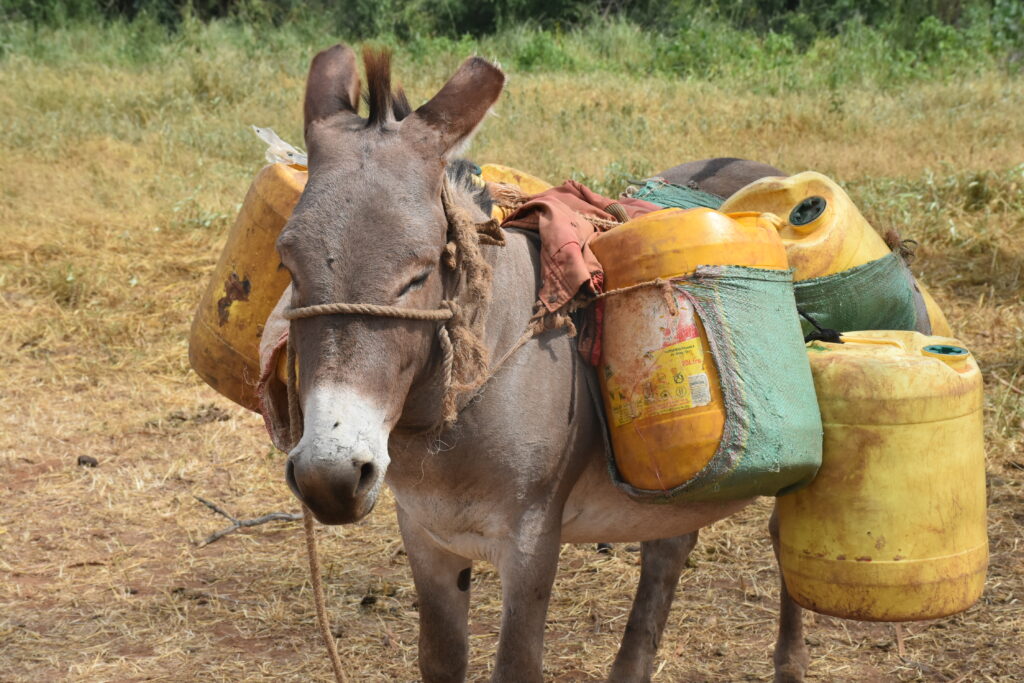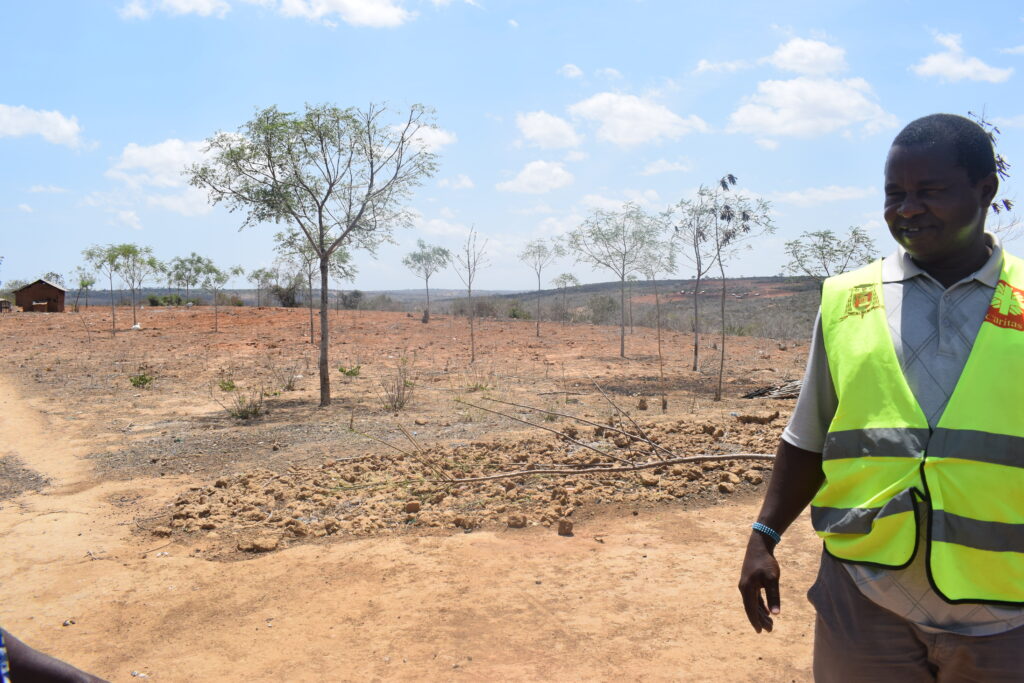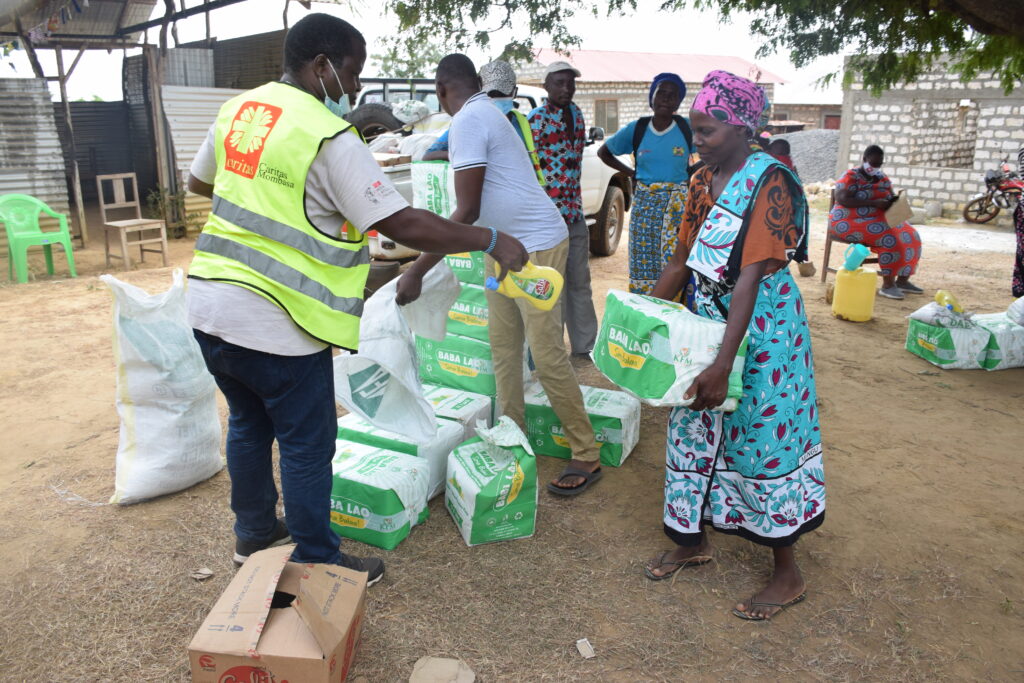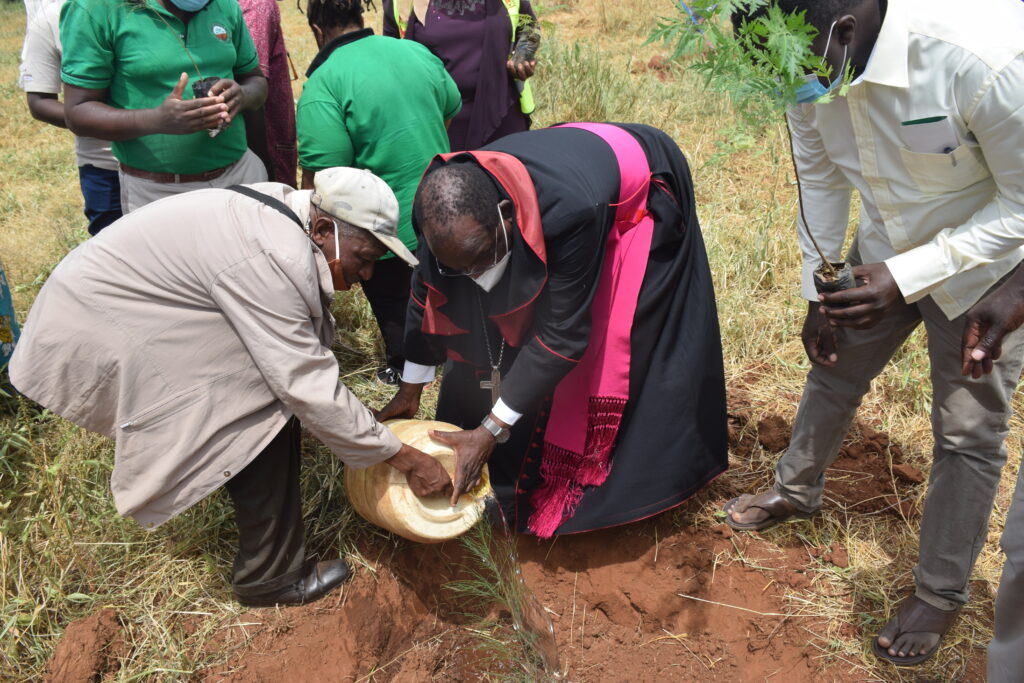In Arid and Semi-Arid areas in Kenya rainfall in December 2021 provided slight improvements to forage and water resources but pasture and browser conditions remain mostly “poor to fair” to “poor” at the end of short rains. This clearly predicts livestock emaciation and long distance treks in search of water and pasture. Milk and meat production will automatically decline and the income earned from it respectfully.

In February 2022, short rains harvest is expected to be up to 70% below average following the poor and significantly delayed short rains in semi- arid agricultural areas. In those areas most crops are expected to reach maturity. This will greatly constraint food availability. Poor households are increasingly dependent on non-agricultural waged labor opportunities, firewood and charcoal sales, and petty trade to bridge income deficits and support market purchases. Poor households are also relying on humanitarian assistance from national and local governments, NGOs, and school meal programs to minimize food gaps.


Climate change is the main driver of the erratic and recurring droughts, and has been partly attributed to gradual deforestation in Kenya, causing widespread food insecurity. Climate change also contributes to poor health outcomes.
We must prepare for future climate emergencies, with communities given financial support and decision-making power. Local leaders (particularly indigenous populations), smallholder farmers and livestock herders already have the knowledge and experience necessary to confront this crisis. Diversification of economy remains the major tabled solution accompanied with other factors like afforestation, soil and water conservation, change of traditional diets and more investment in the agricultural sector’s key areas such research and mechanization. Either climatic incorporation is gradual and demanding process. Everyone should play a decisive role in it.

